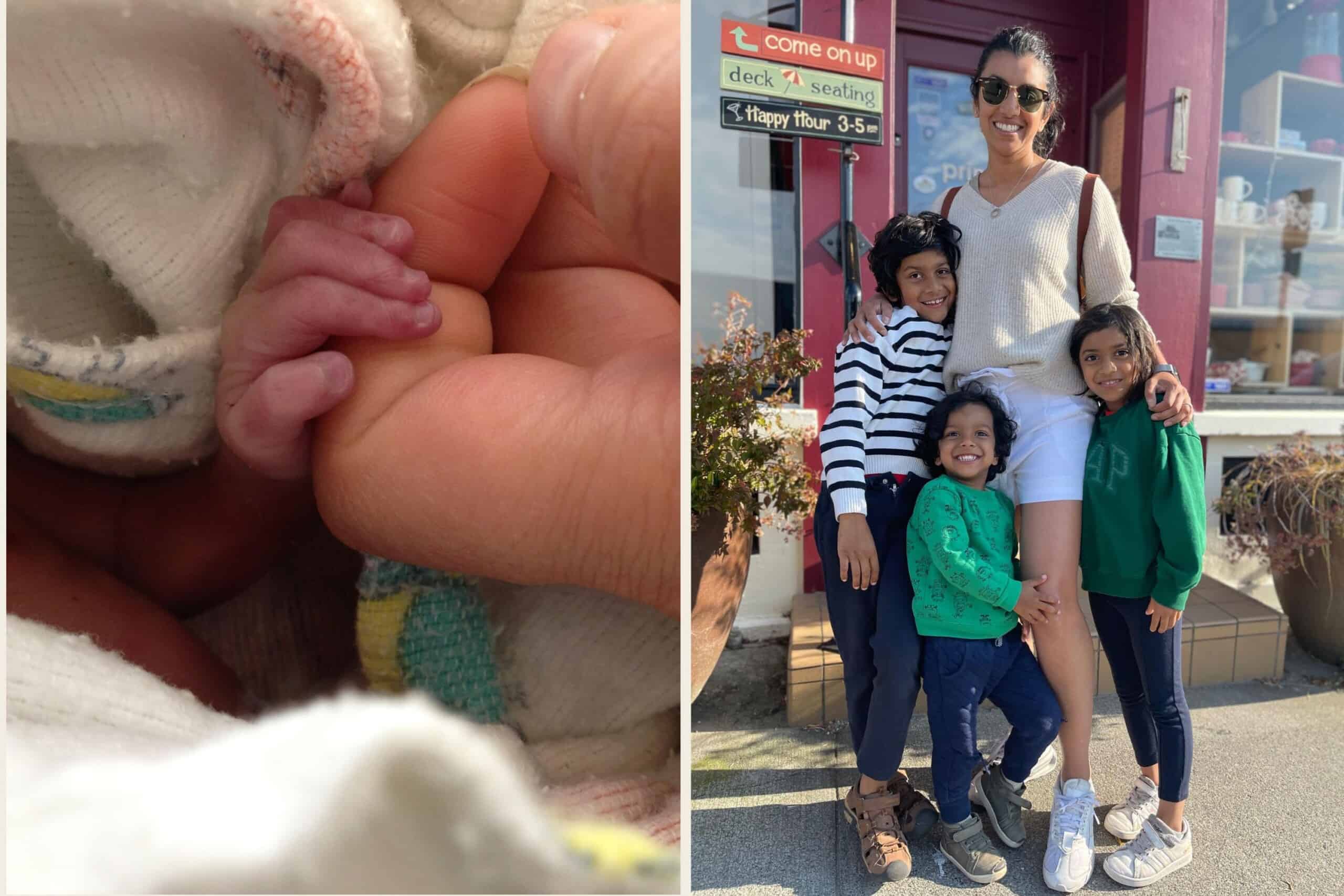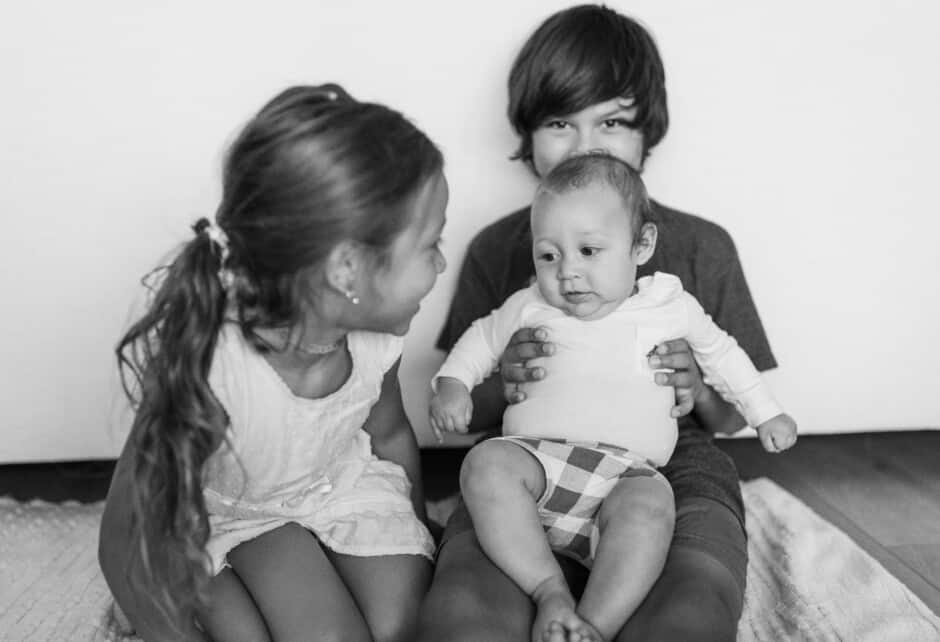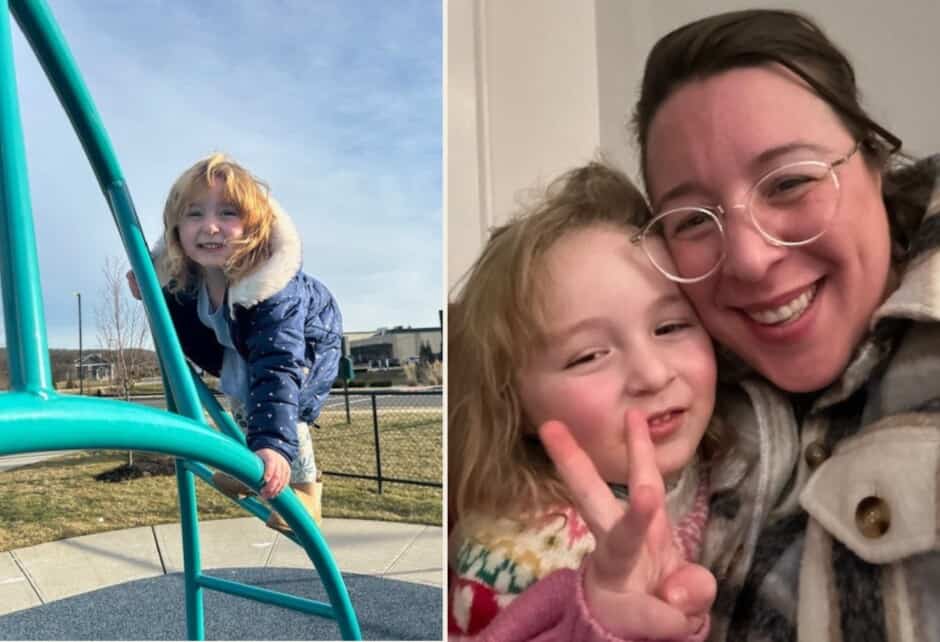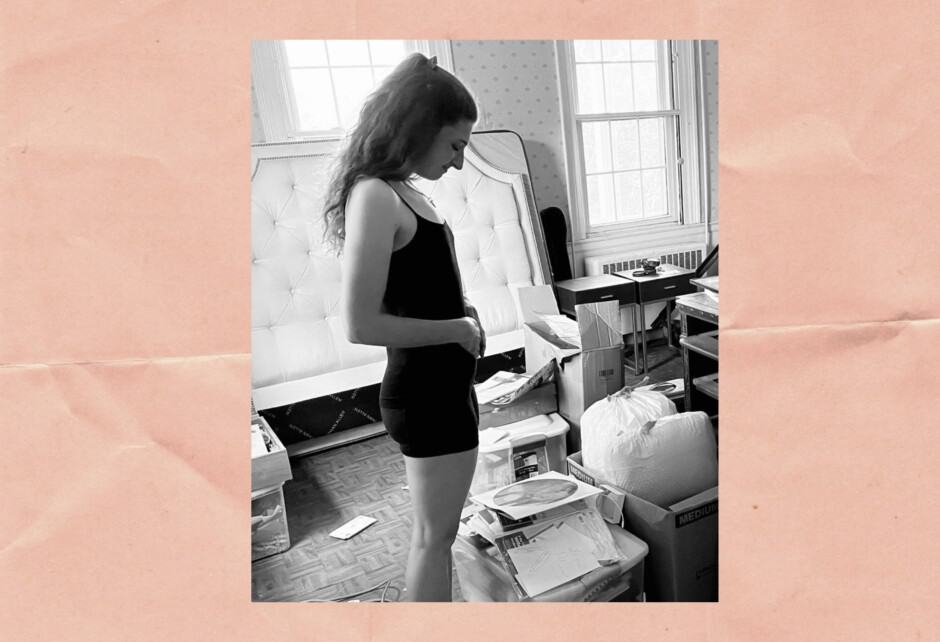
What Grief Has Taught Me
Written by Natasha de Sousa
Photography by Natasha de Sousa
We have all heard the philosophical question: “If a tree falls in a forest and no one is around to hear it does it make a sound?” Over the past 10 years, I have asked myself a more difficult question: “If a pregnant woman never gets to parent the child she’s carrying, is she still a mother?”
There are countless times I have struggled with this question since losing my own child. Were people supposed to wish me happy Mother’s Day? When someone asked me if I had kids, was I allowed to say “Yes, his name is Leo”? How could I prove to others that I was a mother if I had no child to hold? But most importantly, how could I prove that to myself?
On October 22, 2013, I gave birth to my firstborn child. I was 23 weeks pregnant and knew it was way too early for him to come. When Leonardo was born, he didn’t cry. I questioned the doctors about it and they said his lungs weren’t developed enough for him to be able to cry, but not to worry, he’s definitely alive. I was relieved, even though I knew that his chances of making it weren’t great.
The neonatal team swarmed around Leonardo as soon as he was born. My husband was by my side, but I remember asking him to be with the baby; I didn’t know how much time we had with him and I wanted to make sure Leo had a parent by his side at all times. A few minutes later, the doctors told us that there was nothing that they could do. Leo’s organs were not fully formed yet and he would die soon.
They handed Leo to me. He was still alive but every little breath was becoming increasingly difficult for him. When they placed Leo on my chest, I could only focus on him. I was studying his features, trying to commit them to memory. I was telling him how much I loved him, that I would be with him til the end and that things would be okay.
I was worried about him. Was he suffering? I knew exactly when he took his last breath. The nurse wrote on her papers: “Born at 8:19pm, lived until 9:21.” Sixty-two minutes. That’s how long he lived. I did not feel any sadness at that point because I was still holding my baby. The excruciating pain of losing my child came later—everyday I had without him.
Leo’s story is a short one. He was born and minutes later he died. Of course to me, his death doesn’t define him. He is first and foremost my son. In his absence, Leo has taught me many things and has put me on a path to raise awareness about pregnancy and infant loss. I have lived 10 years without my son and in this time I have learned three very important things about grief that I would like to share.
Grief is Forever. The pain of losing a baby is intense and it won’t ever go away. Time cannot heal this wound. It is true that right now, I’m not hurting as much as I did in the first few weeks following my son’s passing, but I cannot be sure if it hurts less because the pain has lessened over time or because I’ve become accustomed to it.
Grief is a Consequence of Love. Yes, you can truly and deeply love a child that you have only had the privilege of carrying in your womb but never in your arms. You can love a child that was born still or who has passed away shortly after being born. The love that I feel is real and valid and that is why losing my baby is still so painful. Yet, I feel incredibly blessed to have experienced this love.
Joy and Grief Can Coexist. A week after Leo passed, someone said something to me that made me laugh. I immediately felt guilty for it. Now I know that joy and grief, sorrow and laughter can coexist. I am happy and have so much to be grateful for, but there are times when I still need to stop and allow myself to be sad. This is my new normal.
In addition to being Leonardo’s mother, I’m also the mom to three living kids. I mother Leo’s younger siblings in the traditional way people parent: I am compassionate, offer guidance, make sacrifices for their well-being and happiness, and, mostly, I love them unconditionally.
I cannot parent Leo in the same way, so I had to find other ways to show him my love. One of the ways we honor Leo as a family is by often talking about him. Together we celebrate Leo’s birthdays with cupcakes and candles and make financial gifts to a little boy in South America who shares Leo’s name and birthdate. As my living children grow, the questions about why and how Leo died and where he is right now become more difficult to answer. I welcome those questions, though sometimes I have to resign to a mere “I don’t know why.”
Another important way in which I personally honor Leo is by volunteering my time to help parents who have gone through a pregnancy or infant loss. Books, media, and medical professionals offer guidance on how to take care of a baby during pregnancy and during the newborn stage. But there’s little guidance on how parents should take care of themselves after their baby dies.
The topic of pregnancy and infant loss is uncomfortable and thus seldom discussed. Many people to whom I’ve turned to quickly wanted to either change the topic or make me feel better by offering well-meaning platitudes. During this time of intense and raw grief, I needed people who understood me and my loss. I was lucky to find a support group—people who til this day are my friends and the ones I turn to when I’m feeling sad.
I’m currently volunteering for Return to Zero: HOPE (RTZ), a non-profit that provides compassionate and holistic support for people who have had a pregnancy or infant loss. Offering support and compassion to the bereaved community RTZ supports is my way of honoring my son. It gives me purpose and it keeps Leo’s memory alive.
Going back to the question I posed earlier: “Can and should a woman who has lost her pregnancy or infant call herself a mother?” My answer is a resounding “yes!” Yes, because she loves that child with all her heart. As Antoine de St-Exupéry so beautifully puts it in The Little Prince: “It is only with the heart that one can see clearly. What is essential is invisible to the eye.” Essential—what better way to describe a mother’s love?

To learn more about Return to Zero: HOPE, learn about their virtual support groups, or find out how to support this organization, please visit their website or connect via Instagram, Facebook, or LinkedIn.
Natasha de Sousa is currently the Board Chair for RTZ HOPE and a French teacher. Since her son’s passing, she has been actively involved in the pregnancy and infant loss community by volunteering for various non-profit organizations. Originally born in Brazil to Indian parents, she grew up in Canada and currently lives in Seattle with her husband and 3 living kids. You can follow her on Instagram @natashapdesousa.
Write a Comment
Share this story




Beautiful heart rendering account of Mothers Love for your newborn baby Leo – Natasha.
Grief is the price we pay for Unconditional Love ❤!
Much love
Vera